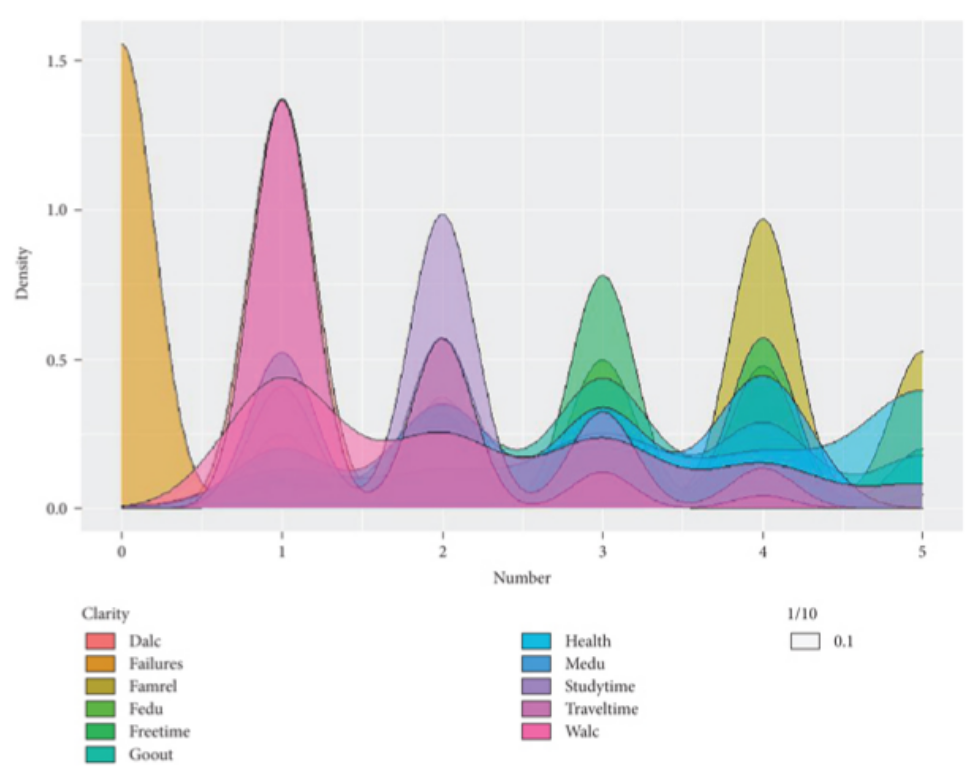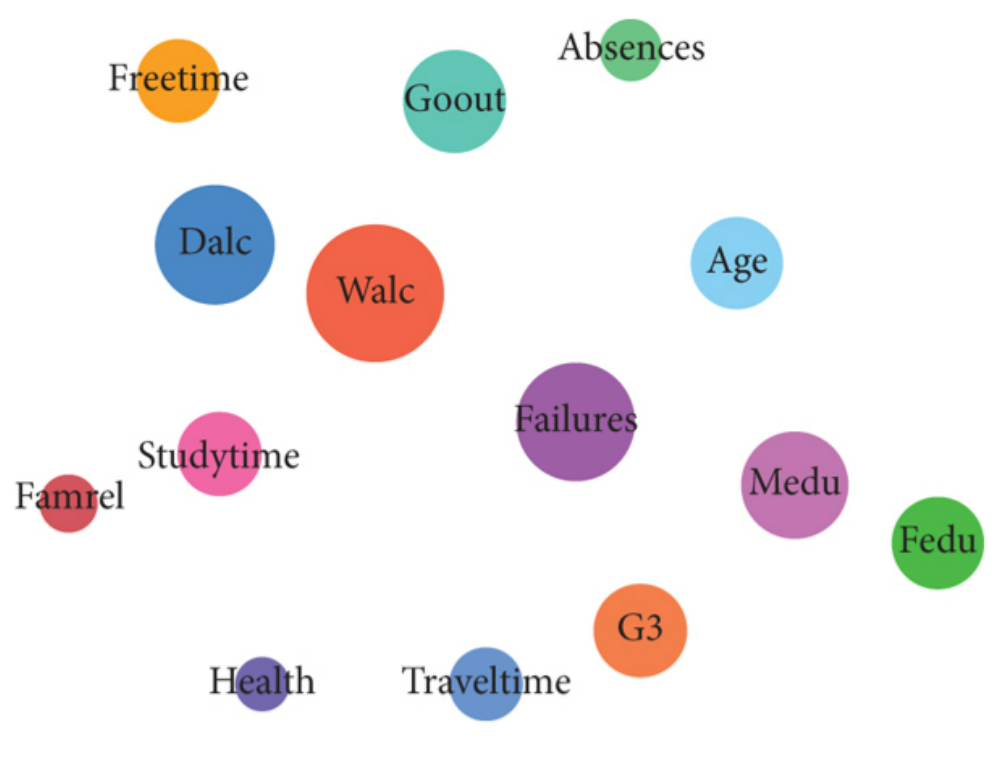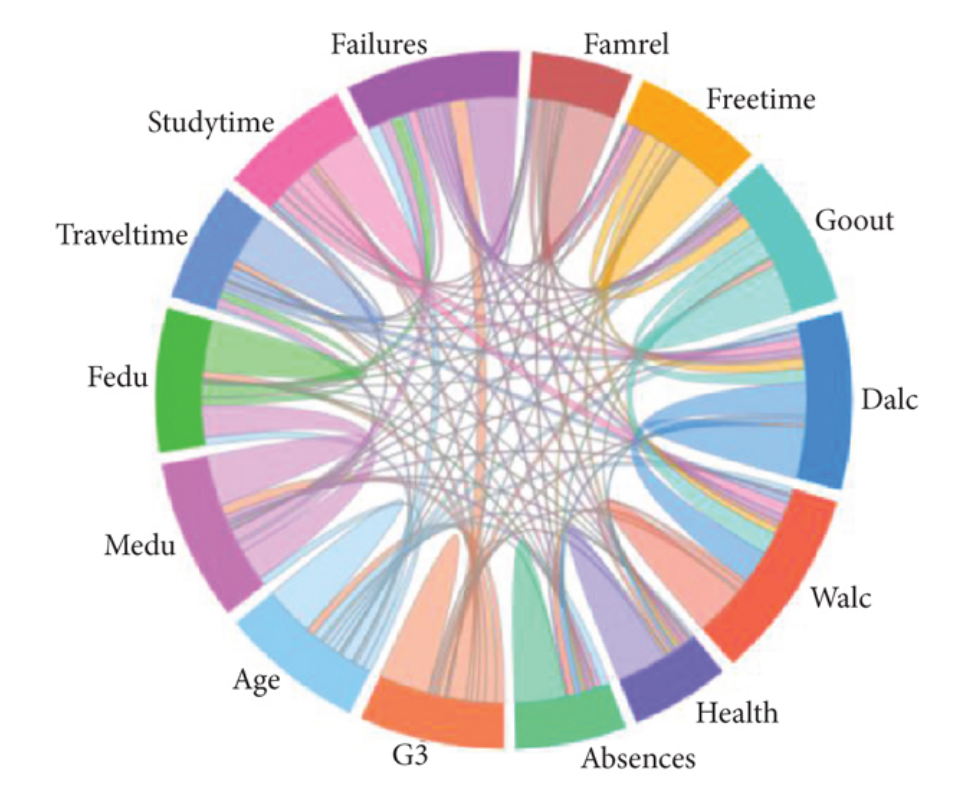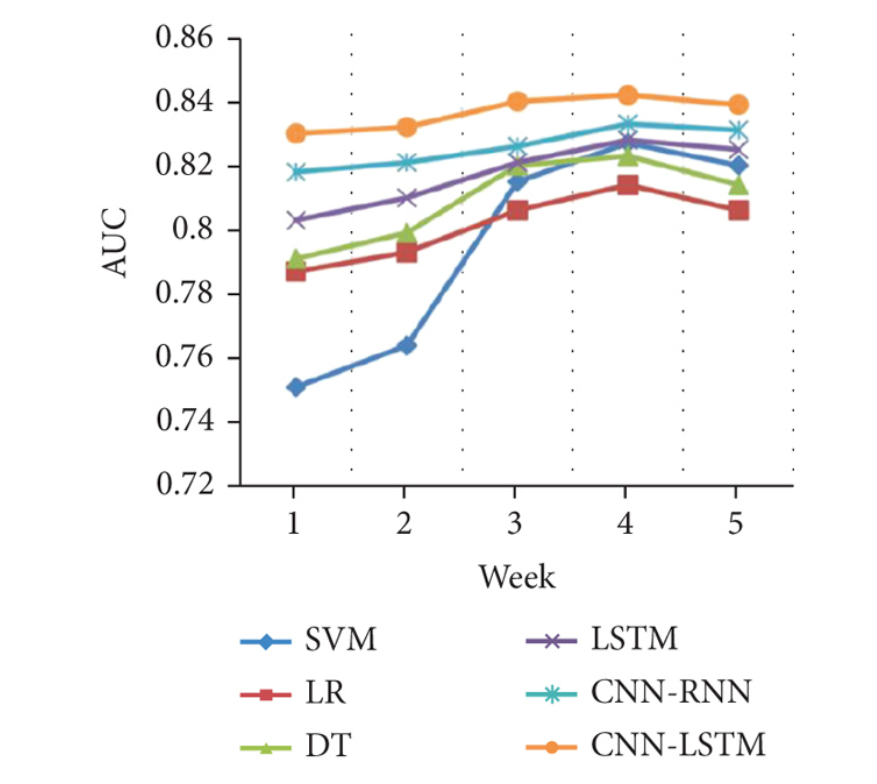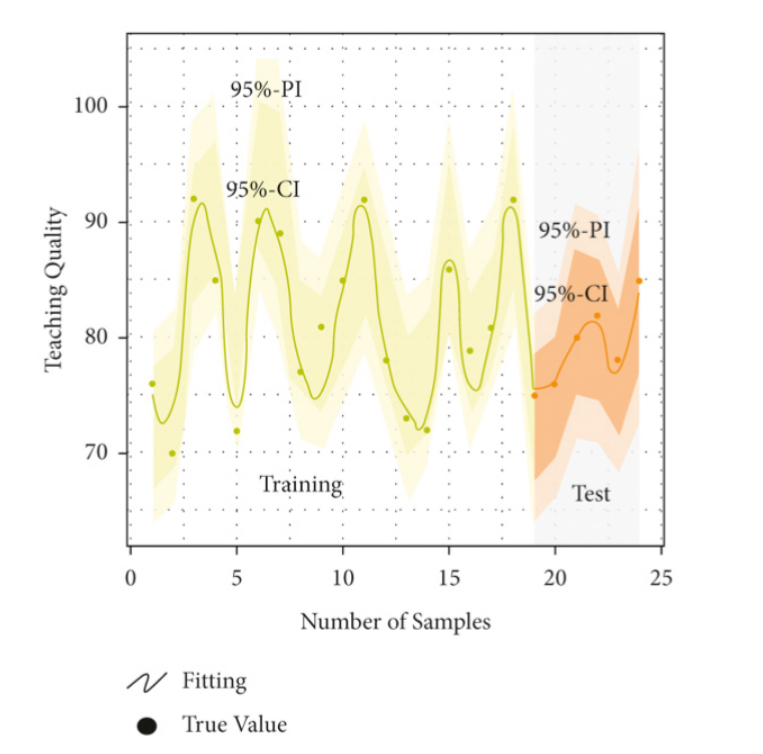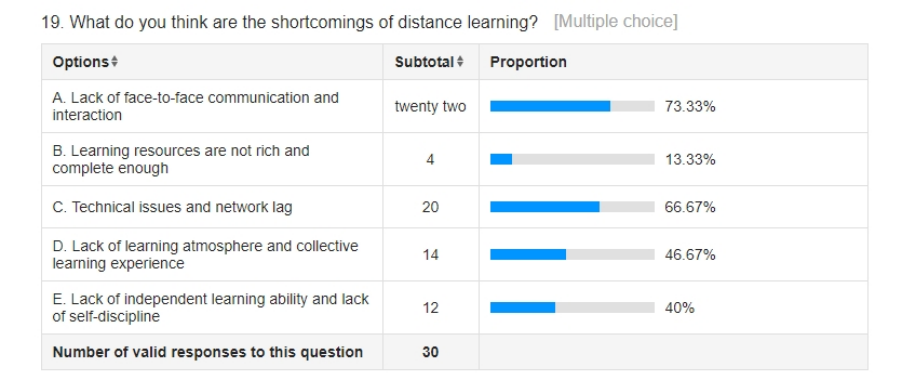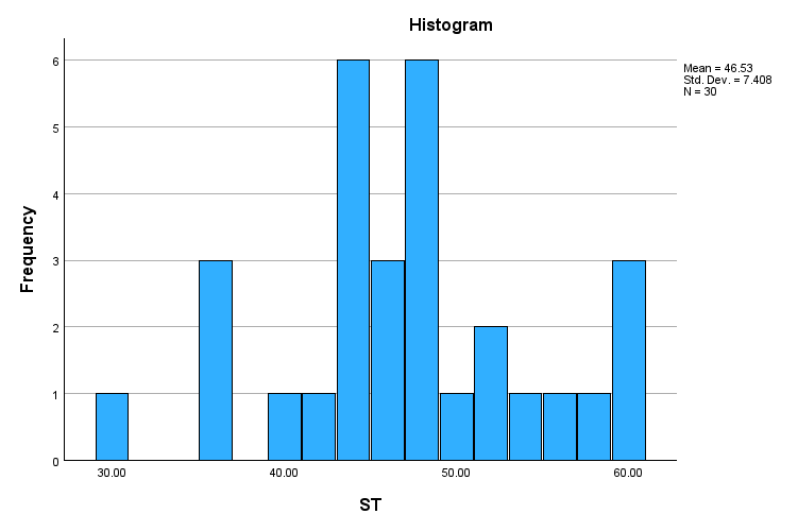 An open access journal
An open access journal
The Relationship Between Distance Learning Methods and Satisfaction and Achievement of Chinese College Students:A Study of Quantitative Research
Abstract
This paper examines the relationship between distance learning methods and satisfaction and academic achievement among Chinese college students. As a result of the COVID-19 pandemic, education has been significantly impacted globally, prompting educational institutions to rapidly adopt technology to sustain teaching activities. In China, many universities have turned to online teaching models in response to the epidemic. This study aims to explore how distance learning methods affect student satisfaction and academic achievement. Quantitative data were collected and analyzed through questionnaires and standardized tests. The results showed a significant positive correlation between students' satisfaction with different distance learning methods and their academic achievement. The study also found that teacher performance, teacher-student interaction, curriculum evaluation and other factors are the main factors affecting student satisfaction. The findings provide insights for optimizing the distance education environment and improving student learning experience and satisfaction.
Show Figures
Share and Cite
Article Metrics
References
- Khan, J., & Iqbal, M. J. (2016). Relationship between student satisfaction and academic achievement in distance education: A case study of AIOU Islamabad. FWU Journal of Social Sciences, 10(2), 137.
- She, L., Ma, L., Jan, A., Sharif Nia, H., & Rahmatpour, P. (2021). Online learning satisfaction during COVID-19 pandemic among Chinese university students: the serial mediation model. Frontiers in psychology, 12, 743936.
- Katz, Y. J. The Relationship Between Distance Learning Methods and Satisfaction and Achievement of College Students Yaacov J Katz-School of Education, Bar-Ilan University.
- Gallogly, J. T. (2005). Relationship of student satisfaction levels in distance learning and traditional classroom environments at Embry-Riddle Aeronautical University. University of Central Florida.
- Oubibi, M., Chen, G., Fute, A., & Zhou, Y. (2023). The effect of overall parental satisfaction on Chinese students’ learning engagement: Role of student anxiety and educational implications. Heliyon, 9(3).
- Mohammed, L. A., Aljaberi, M. A., Amidi, A., Abdulsalam, R., Lin, C. Y., Hamat, R. A., & Abdallah, A. M. (2022). Exploring factors affecting graduate students’ satisfaction toward E-learning in the era of the COVID-19 crisis. European Journal of Investigation in Health, Psychology and Education, 12(8), 1121-1142.
- Tian, M., Dervin, F., & Lu, G. (Eds.). (2020). Academic experiences of international students in Chinese higher education. London: Routledge.
- Xie, H., Wang, L., Pang, Z., Chen, S., Xu, G., & Wang, S. (2022). Application of problem-based learning combined with a virtual simulation training platform in clinical biochemistry teaching during the COVID-19 pandemic. Frontiers in Medicine, 9, 985128.
- Khan, J., & Iqbal, M. J. (2016). Relationship between student satisfaction and academic achievement in distance education: A case study of AIOU Islamabad. FWU Journal of Social Sciences, 10(2), 137.
- She, L., Ma, L., Jan, A., Sharif Nia, H., & Rahmatpour, P. (2021). Online learning satisfaction during COVID-19 pandemic among Chinese university students: the serial mediation model. Frontiers in psychology, 12, 743936.
- Hu, Jiangping. (2013). Study on learning adaptability and learning satisfaction of distance open education students. Journal of Jiangxi Radio and Television University (4), 7.
- Mo, X.P.. A survey study of online teaching interaction. (Doctoral dissertation, Shandong Normal University).
- Ren Xingyao. Research on the Influencing Factors of College Students’ Online Learning Satisfaction.
- Yang, J.. (2016). Analysis of the Current Situation and Influencing Factors of College Students’ Learning Satisfaction--Taking a Southern Teachers College as an Example. Chongqing Higher Education Research, 4(6), 9.
- Brace, I. (2018). Questionnaire design: How to plan, structure and write survey material for effective market research. Kogan Page Publishers.
- Joshi, A., Kale, S., Chandel, S., & Pal, D. K. (2015). Likert scale: Explored and explained. British journal of applied science & technology, 7(4), 396-403.
- Zimmerman, W., Altman, B., Simunich, B., Shattuck, K., & Burch, B. (2020). Evaluating online course quality: A study on implementation of course quality standards. Online Learning, 24(4), 147-163.
- Ghasempour, S., Esmaeeli, M., Abbasi, A., Hosseinzadeh, A., & Ebrahimi, H. (2023). Relationship between academic success, distance education learning environments, and its related factors among medical sciences students: a cross-sectional study. BMC Medical Education, 23(1), 847.
- Keržič, D., Alex, J. K., Pamela Balbontín Alvarado, R., Bezerra, D. D. S., Cheraghi, M., Dobrowolska, B., ... & Aristovnik, A. (2021). Academic student satisfaction and perceived performance in the e-learning environment during the COVID-19 pandemic: Evidence across ten countries. Plos one, 16(10), e0258807.
- Zalazar-Jaime, M. F., Moretti, L. S., García-Batista, Z. E., & Medrano, L. A. (2023). Evaluation of an academic satisfaction model in E-learning education contexts. Interactive Learning Environments, 31(7), 4687-4697.
- Zhou, C., & Xiang, Z. (2020). The Research on the Effects of Teachers’ Information Teaching Behavior on Students’ Study in Colleges and Universities [J]. Creative Education Studies, 8(02), 97-103.
- Ayang, A., & Richard, N. (2022). A preliminary study on the factors affecting academic performance of foundation students during online learning. Malaysian Journal of Social Sciences and Humanities (MJSSH), 7(4), e001409-e001409.
- Xu, X., Zhao, W., & Liu, H. (2017). Factors influencing college students’ satisfaction in online learning. Distance Education in China, 5(5).

